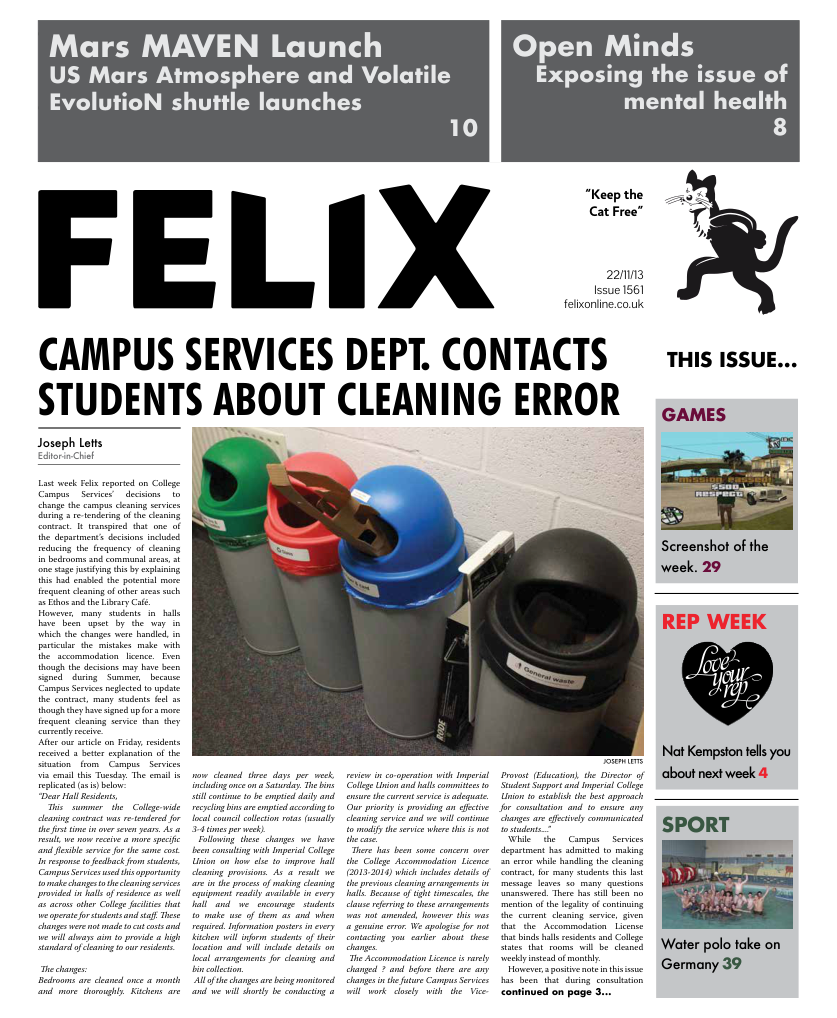Mojo in Soho, getting jazzy
The long awaited revival of Jez Butterworth’s play Mojo opened on the 13th November, and saw Rupert Grint making his professional theatre debut. Premiering in the Royal Court Theatre in 1995, Mojo was the recipient of the 1996 Laurence Olivier Award for Best New Comedy, with a film adaptation...
What: Mojo Where: Harold Pinter Theatre, Leicester Square, SW1 When: Until 25th Jan 2014 Price: £10 - £85
mo•jo Noun A magic charm, talisman, or spell. Magic Power.
The long awaited revival of Jez Butterworth’s play Mojo opened on the 13th November, and saw Rupert Grint making his professional theatre debut. Premiering in the Royal Court Theatre in 1995, Mojo was the recipient of the 1996 Laurence Olivier Award for Best New Comedy, with a film adaptation released in 1997. Based in the rock ‘n’ roll Soho scene of the 1950s, this black comedy is set entirely within the seedy ‘Atlantic’ nightclub. Silver Johnny (Tom Rhys Harries) – a young and talented performer – has the potential to go far. However his jealous manager, the nightclub owner Ezra, tries to protect him from the advances of another local gangster, Sam Ross. After Ezra’s body is found sawn in half and deposited in separate dustbins, it is left to the rest of the group to resolve the situation, and the nightclub in which they previously dreamed of success turns into an isolated prison. Featuring a phenomenal cast, it is at first strange to watch the valet from Downton (Brendan Coyle), Ron Weasley (Rupert Grint), 007’s Q (Ben Whishaw), Merlin (Colin Morgan) and Made in Dagenham’s Daniel Mays alongside one another as pill-popping, wannabee big-shot gangsters, together with newcomer Harries. The play is non-apologetic for its all-male cast, and deals with themes of masculinity and the fight for supremacy. Although it is hard to erase the memory of Grint as Ron Weasley, his performance as Sweets the nervous sidekick is strong, with skilful comic timing. There are several well-written duologues between Grint and Mays that had the audience laughing out loud. Mays certainly conjures the most comic effect with his Chaplinesque persona and animated actions. The language used is not for the faint hearted, with the ‘C-bomb’ being dropped fairly regularly, and certainly accounts for the parental advisory that comes with the tickets. Coyle commands great stage presence as Mickey, however is occasionally let down by his cockney accent, which has a hint of Downton lingering at times. The Second Act is certainly more powerful than the first; containing a death scene more realistic than any I have ever witnessed, movie or otherwise. Tension significantly climaxes towards the end and makes up for the somewhat slow opening of the play. The show was stolen by Whishaw, who’s psychotic and arrogant nature quickly turns light-hearted conversation into something more sinister. Recognition must also be given to the staging and lighting design: you are completely transported into this dingy Soho club along with its muggy air and stale alcohol. Overall this is a playful yet dark performance that is powered by the strength of its cast. What it lacks in pace is made up for in the script and certainly allows for an impressive and entertaining evening out.





